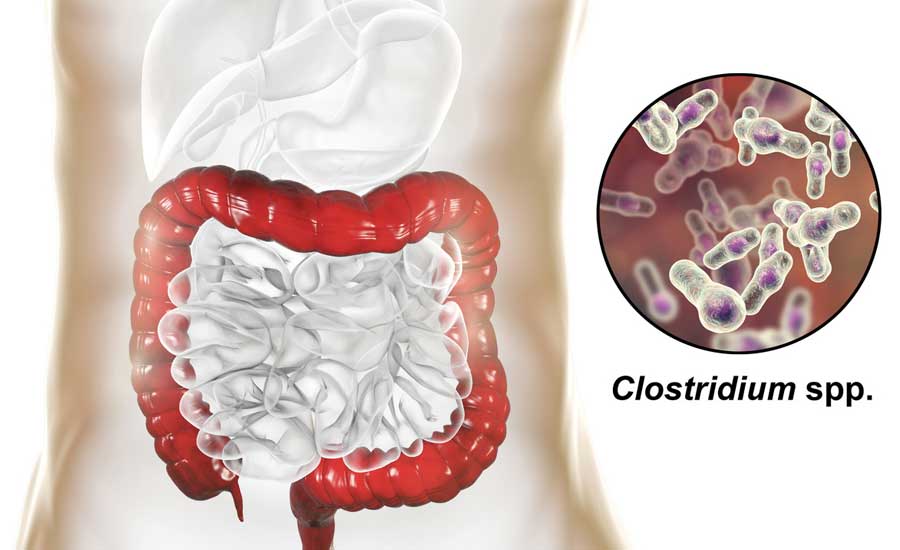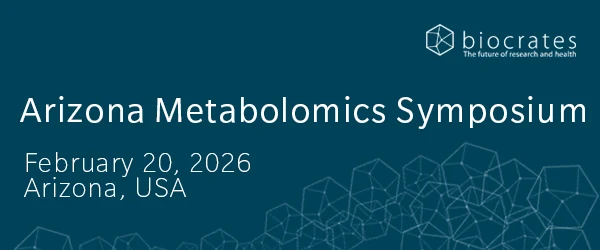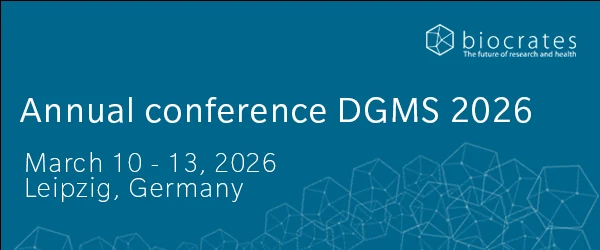Potential biomarkers to predict outcome of faecal microbiota transfer for recurrent Clostridioides difficile infection
Our article of the month, published in February 2019, is the first publication to describe a potential biomarker predicting clinical response to fecal microbiota transfer (FMT) in patients with recurrent Clostridiumdifficile infection. Significantly higher concentrations of the secondary bile acid lithocholic acid (LCA) in the stool reliably identified those patients who benefit from the therapy. Interestingly, the primary bile acid cholic acid (CA) is significantly decreased in responders. This can be explained, at least in part, by the presence of bacterial species containing the bile acid-inducible (baiCD) gene encoding the NADH:flavin-dependent oxidoreductase, a key enzyme in converting primary to secondary bile acids. In concordance, urinary p-cresyl sulfate (pCS) levels significantly increased upon successful FMT, which could indicate a recovering, more balanced microbiota composition following FMT.
Despite the very small cohort size, the confirmation of the results from different angles is very convincing: the combination of 16S rRNA gene sequencing, gene expression analysis, and metabolomics provides a comprehensive picture. Overall, the findings are fully in line with the rapidly evolving basis of evidence that alpha diversity in fecal samples increases significantly following a successful FMT. In conclusion, a better understanding of patient response to FMT may facilitate the development of more robust therapeutic manipulations.
If the implications of the microbiome on the metabolome are of interest for you, take a look in the technology section or contact us!
Fedja Farowski, Philipp Solbach, Anastasia Tsakmaklis, Susanne Brodesser, M. Rebeca Cruz Aguilar, Oliver A. Cornely, Katja Dettmer, Paul G. Higgins, Sebastian Suerbaum, Nathalie Jazmati, Peter J. Oefner, Maria J.G.T. Vehreschild, Potential biomarkers to predict outcome of faecal microbiota transfer for recurrent Clostridioides difficile infection. Digestive and Liver Disease 2019, https://doi.org/10.1016/j.dld.2019.01.012



